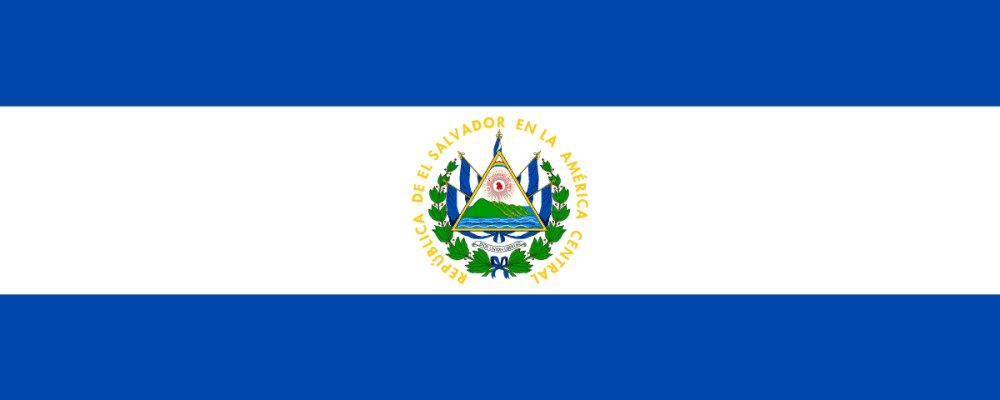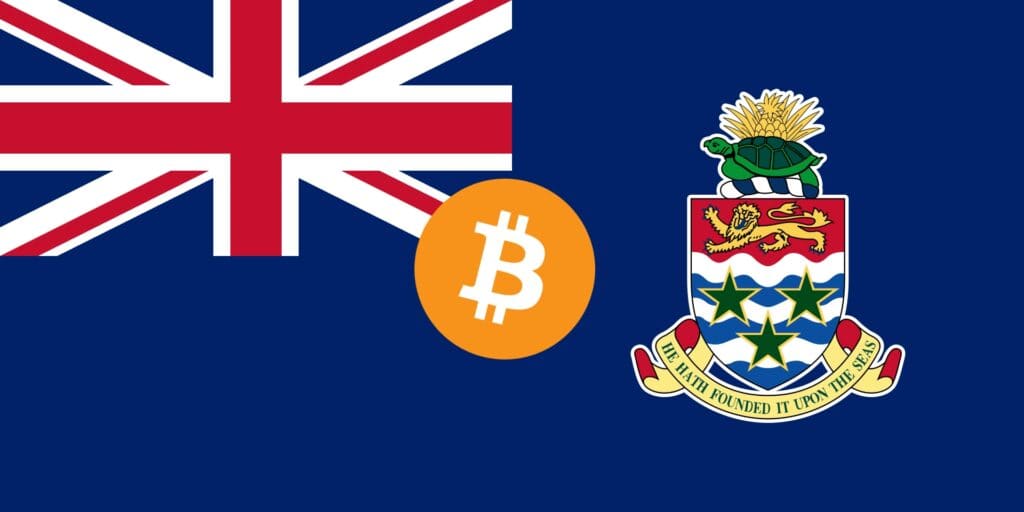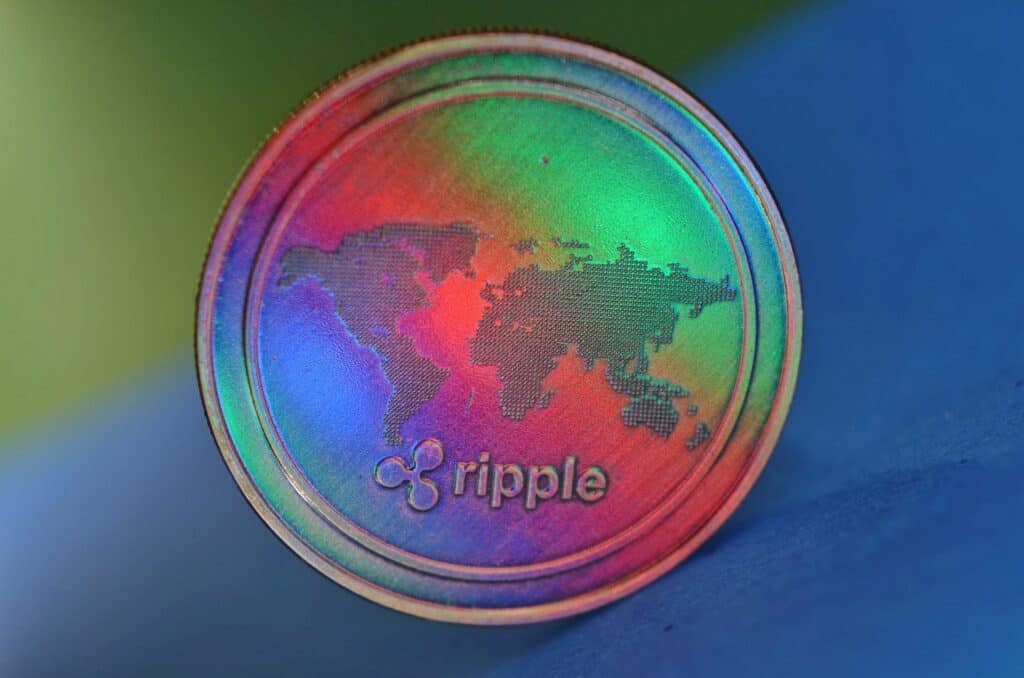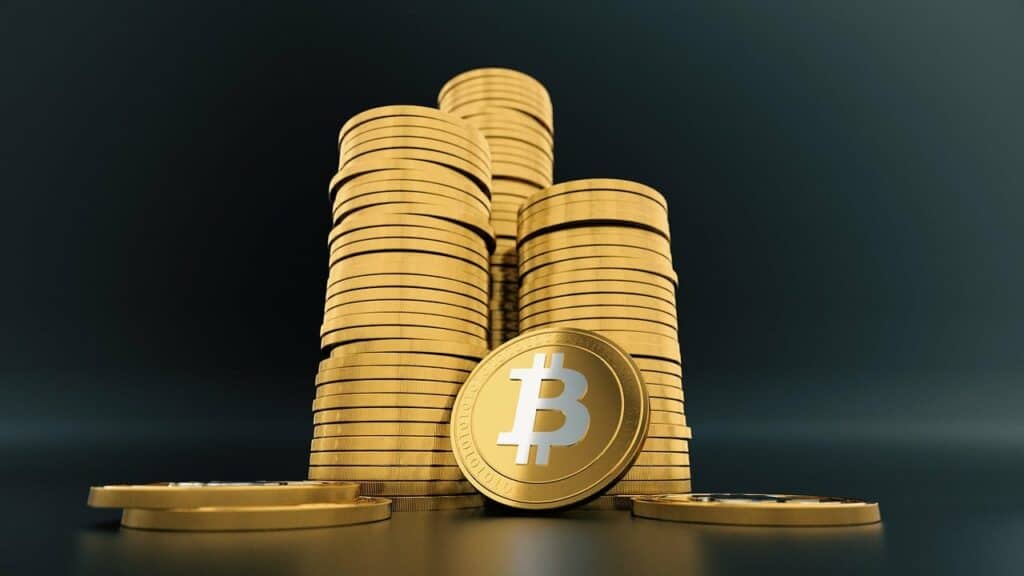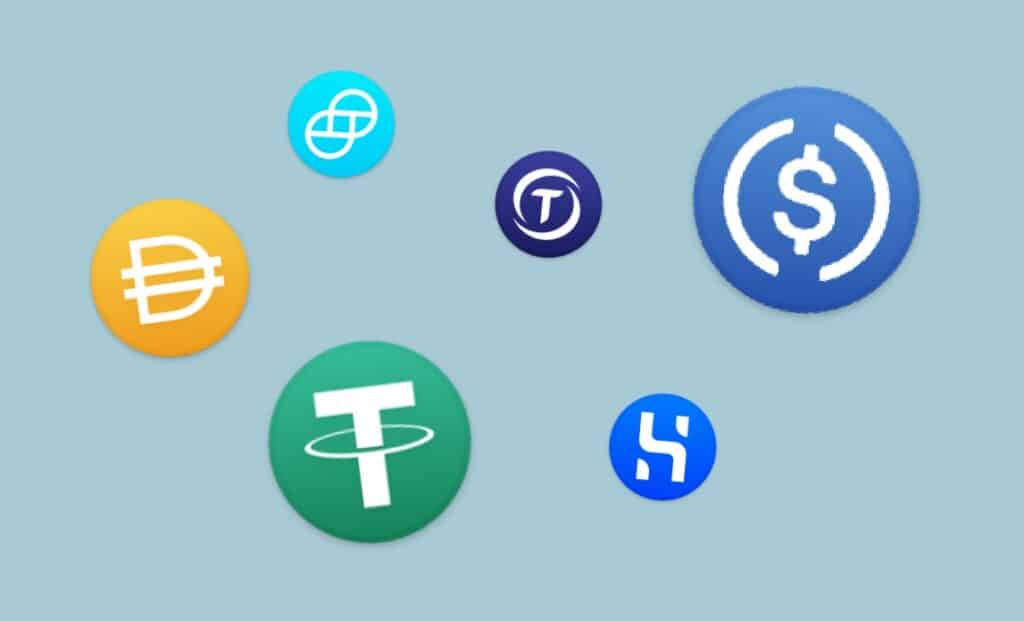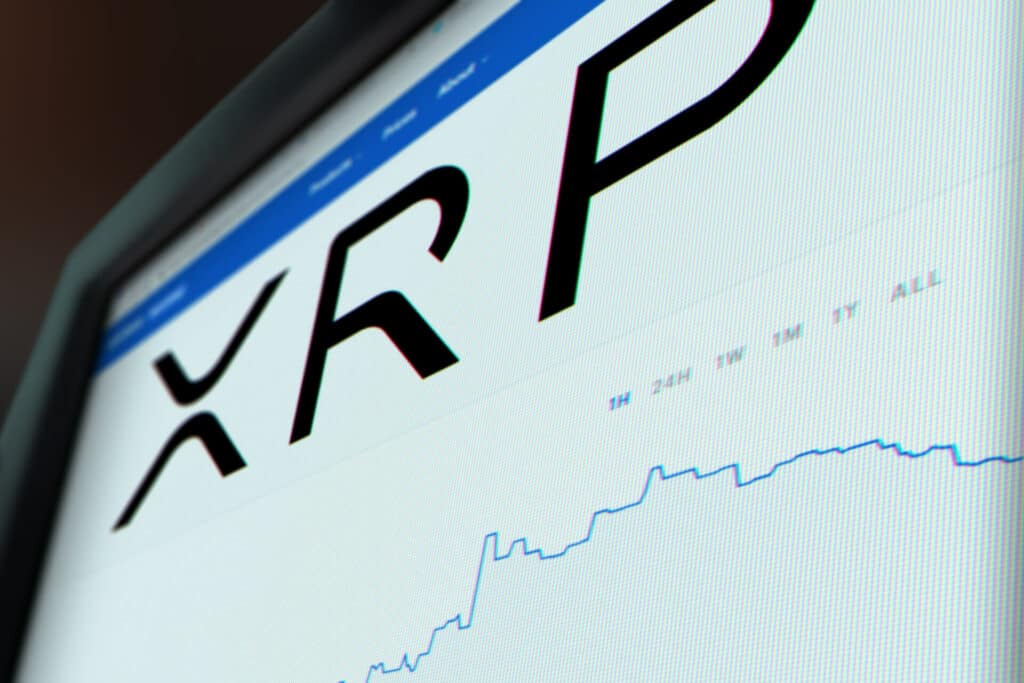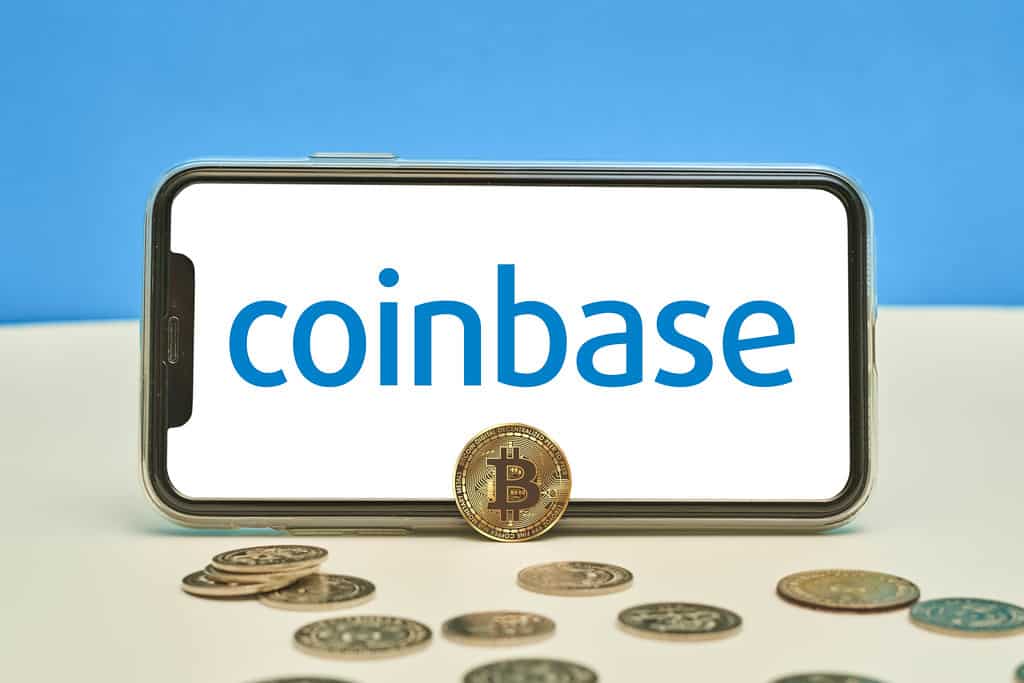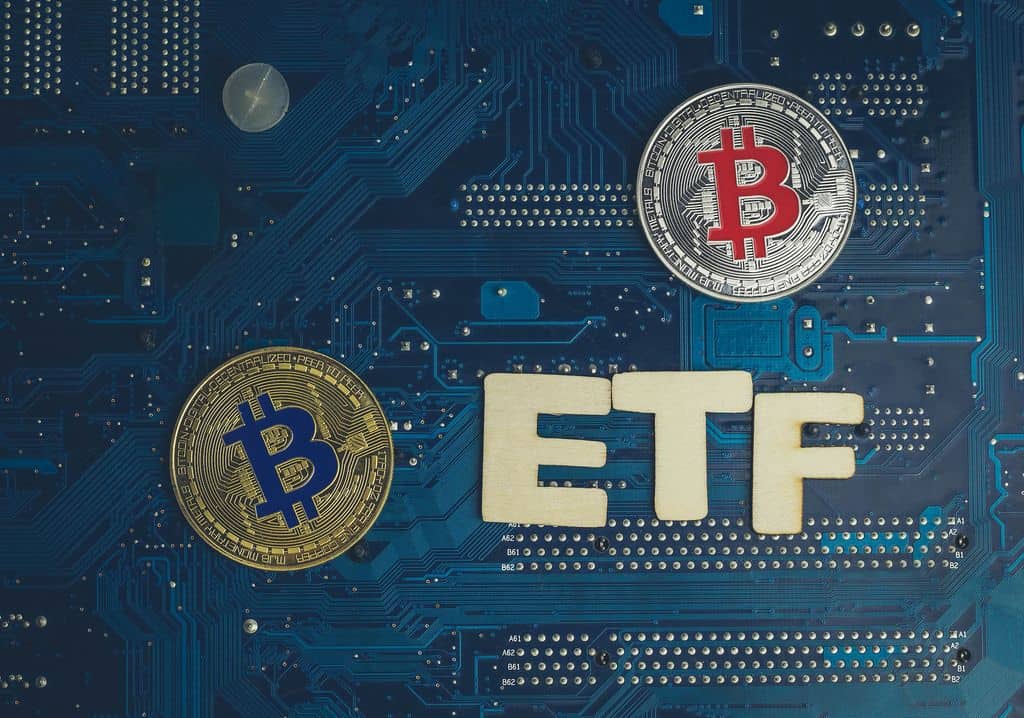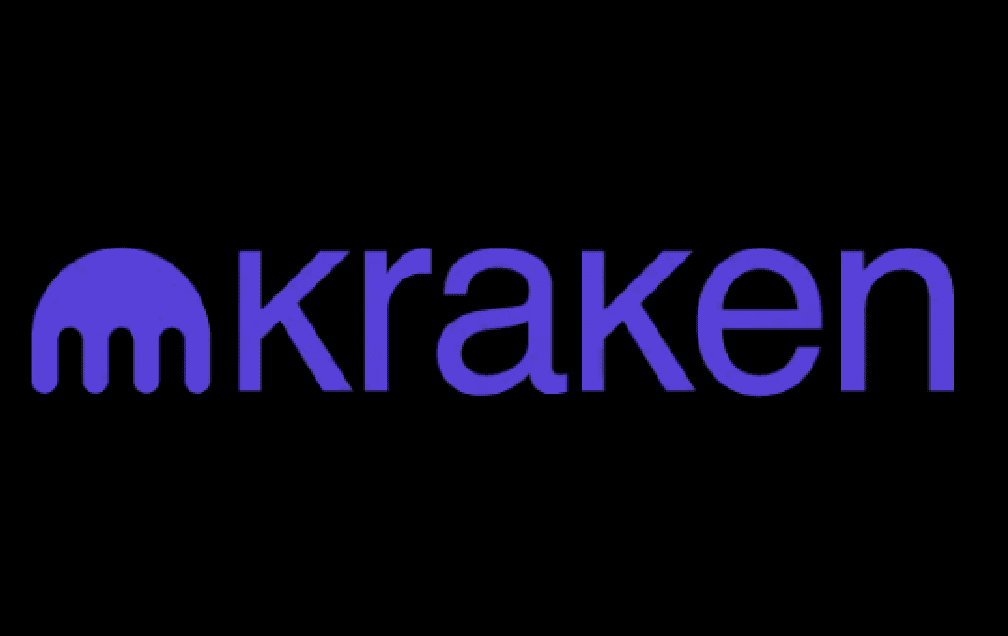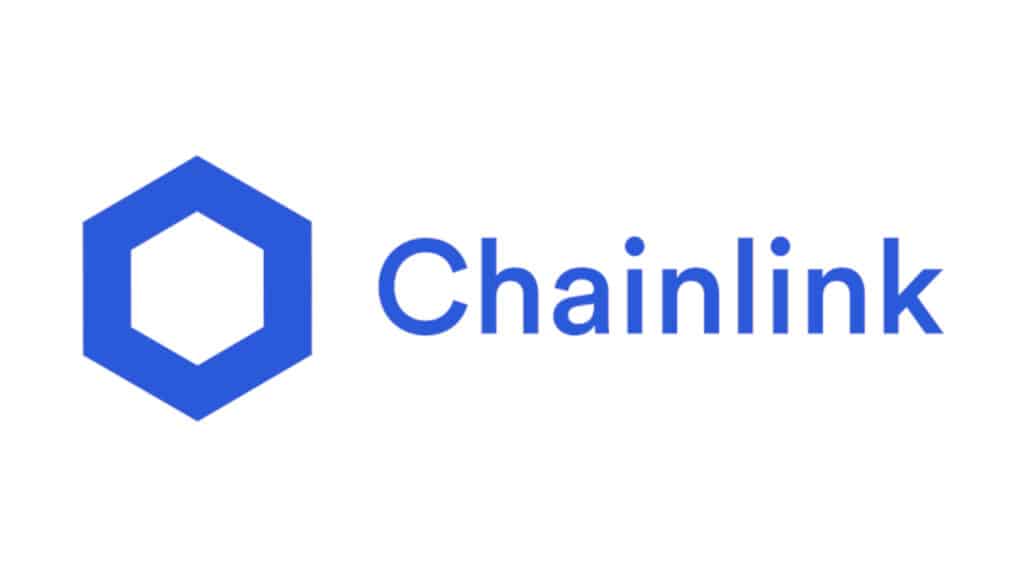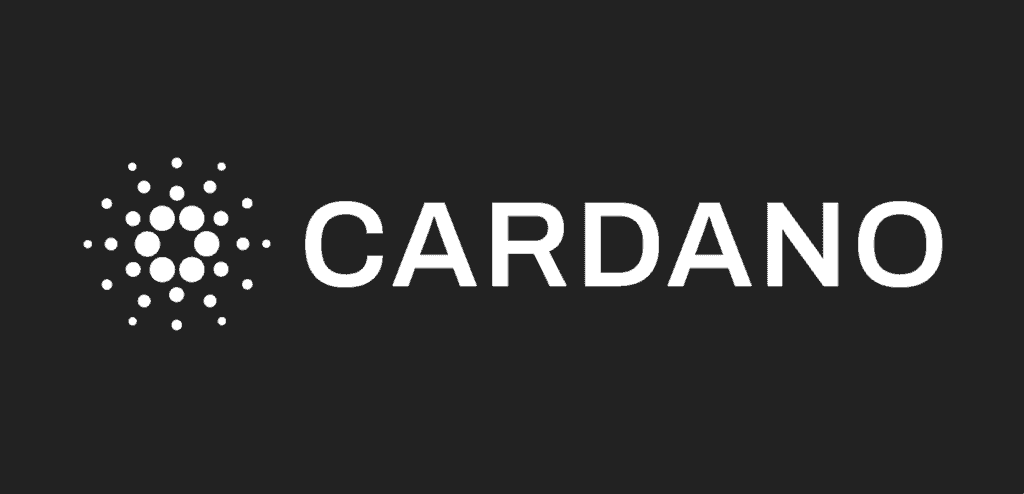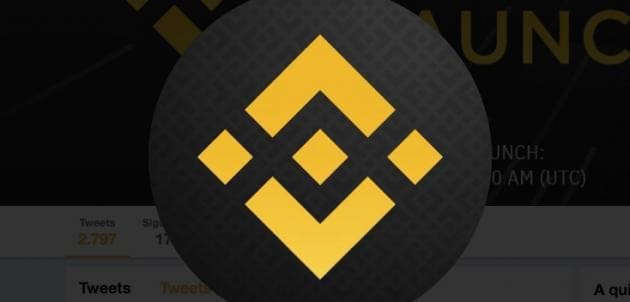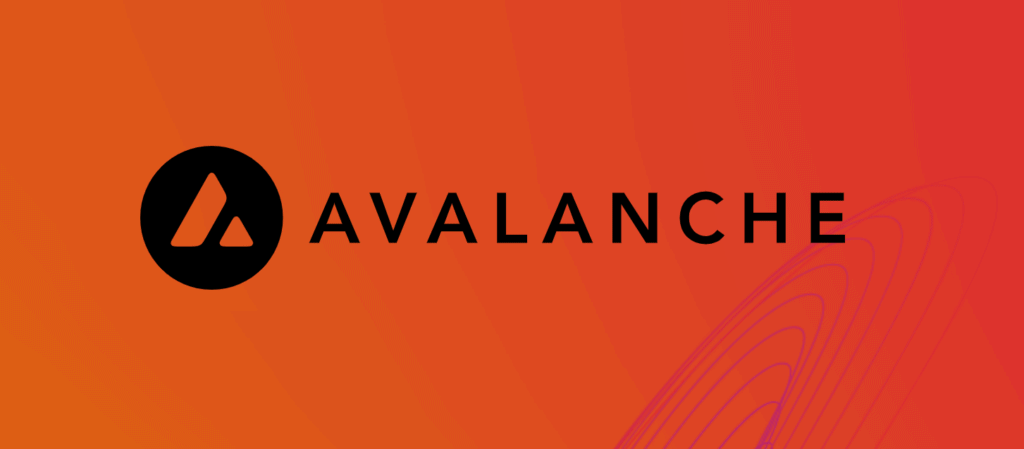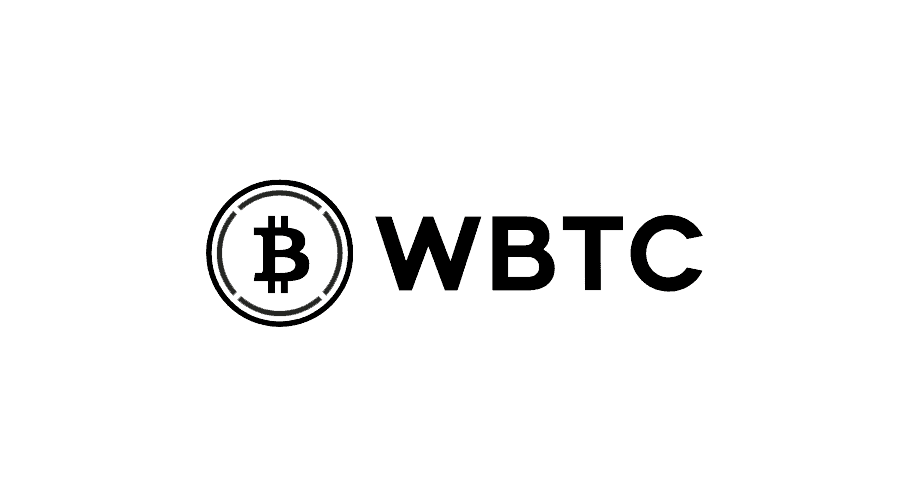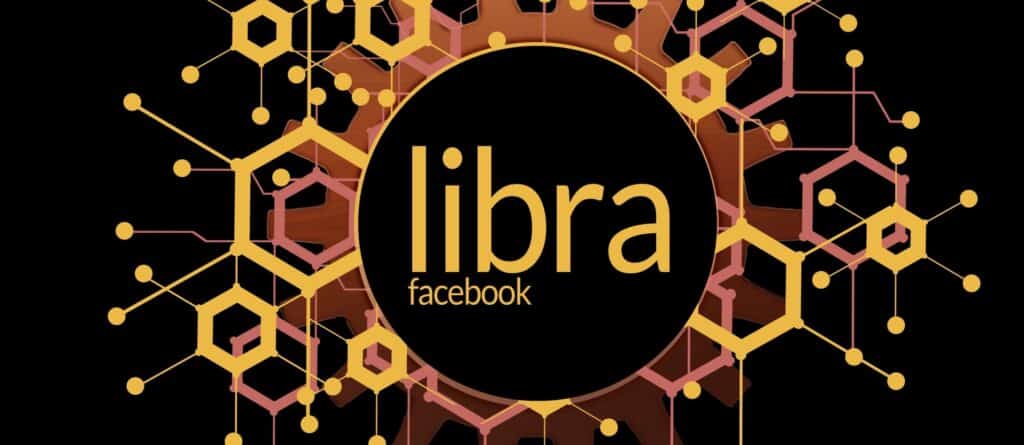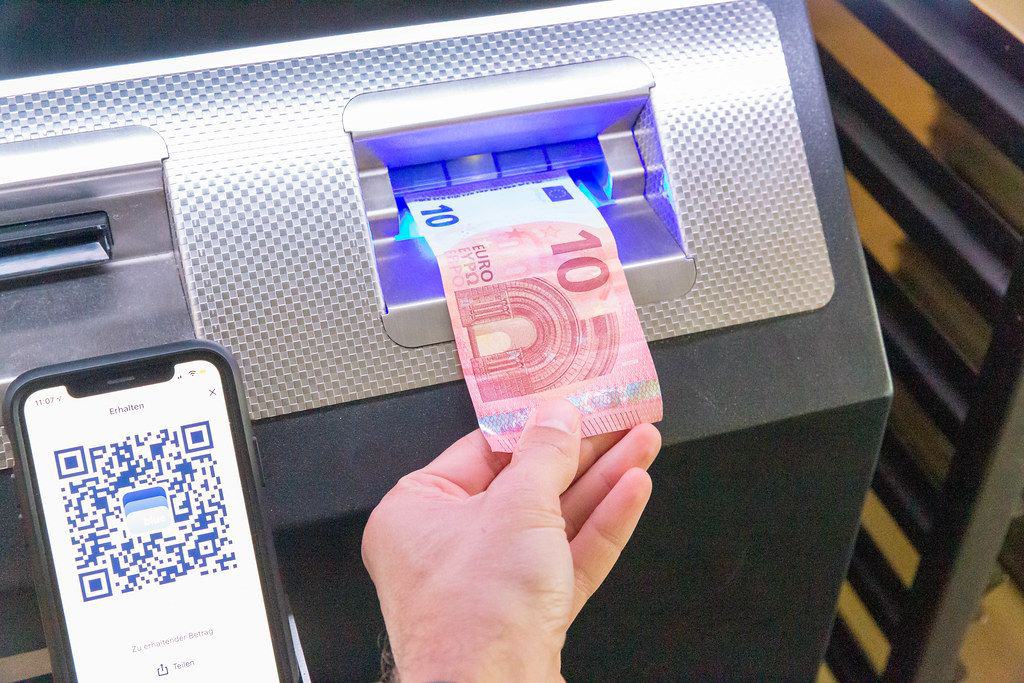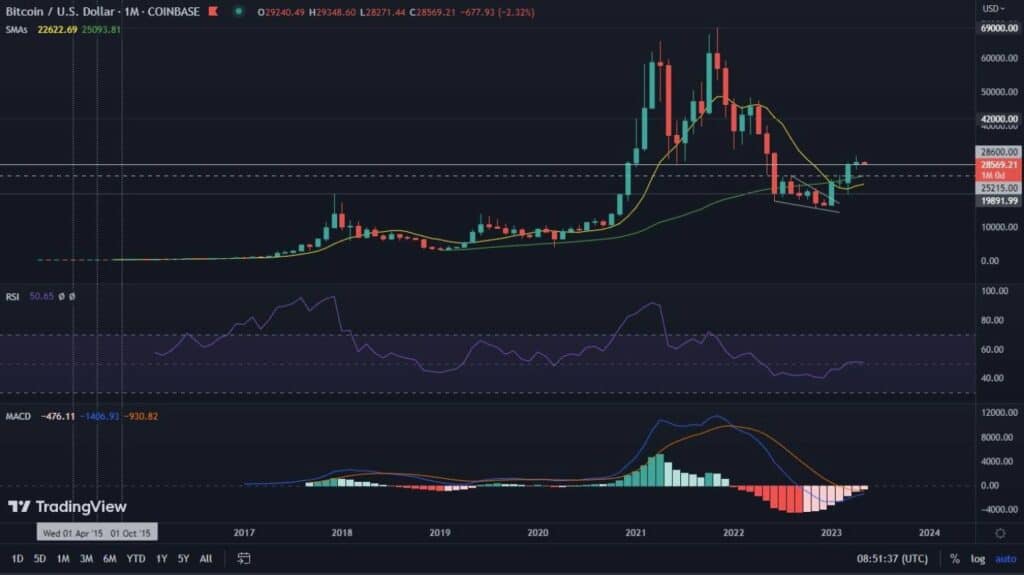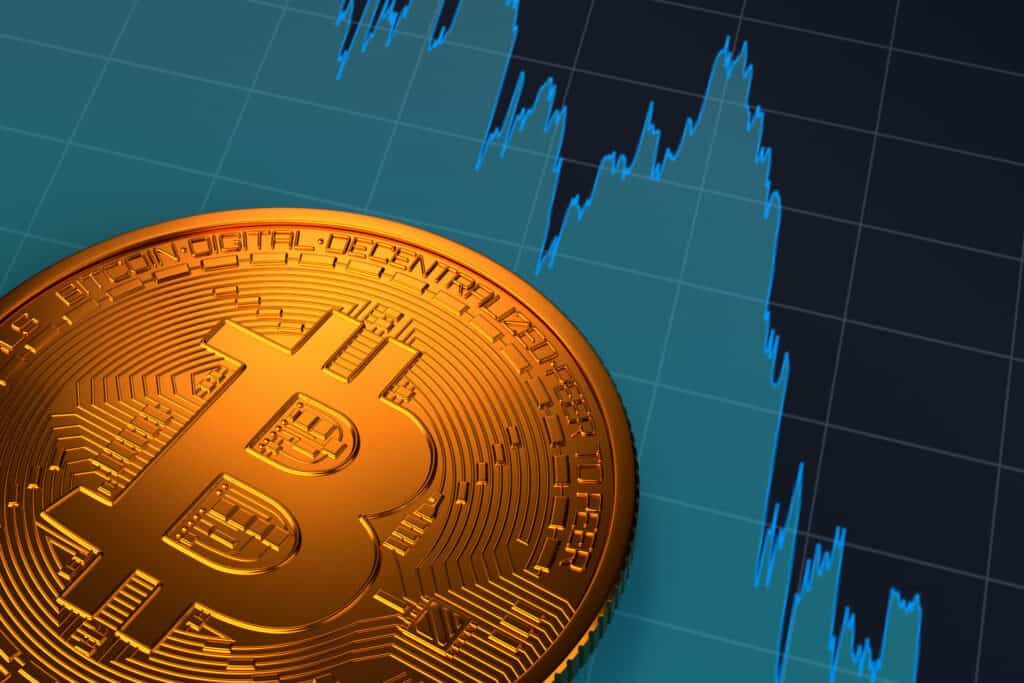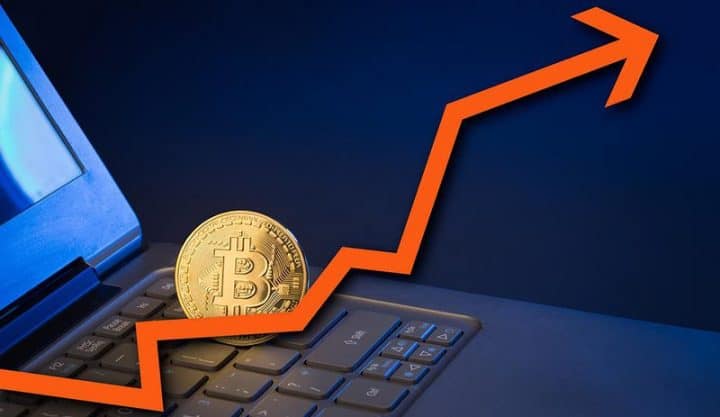To no one’s surprise anymore, El Salvador has been constantly and constantly in the news around the world lately (or the last year). At first, it was all about the country’s adoption of Bitcoin (BTC) as its official state currency, but now El Salvador has taken it a step further. According to the latest news published last week (week 1 of November 2021), the country’s president Nayiba Bukele announced the construction of 20 schools funded entirely by surplus cash from the Bitcoin Trust. We describe the details of the project later in this article.
Profit derived from cryptocurrencies
On Tuesday, November 2, 2021, a presidential spokesperson tweeted the following: “When we started this project, we didn’t make as much money on FIDEBITCOIN (the state’s BTC trust account) as we make now. That’s why we decided to create the first 20 Bitcoin schools.” El Salvador also claims that tax money will not be used even the slightest bit to build the schools. The investment will be made 100 percent with money earned through BTC.
Salvadoran media also claims that the construction of the 20 new schools is aimed at developing education on cryptocurrency topics. “Bitcoin Schools” are part of the “My New School” program, which is partially funded by the Central American Bank for Economic Integration. The institution has approved the transfer of $200 million in October 2020 precisely for the development of education.
El Salvador continues to surprise
The construction of 20 new schools is not the only project that Nayiba Bukele plans to implement. While giving information about new educational facilities, the president also mentioned that a new veterinary hospital will be built in the Salvadoran capital, San Salvador. The cost of this investment is expected to be $4 million, and all of it will be covered by the earnings of the Bitcoin Trust.
Bitcoin revolution
El Salvador continues to be a pioneer when it comes to using Bitcoin as a universal currency, as well as a profit-making asset. The law adopting Bitcoin as a fiat currency went into effect in September 2021, and since then, the country’s citizens have actually started treating it that way. As of today, November 2021, more Salvadorans have electronic wallets than bank accounts. It looks like the country is not slowing down, and still has some interesting projects in store!

